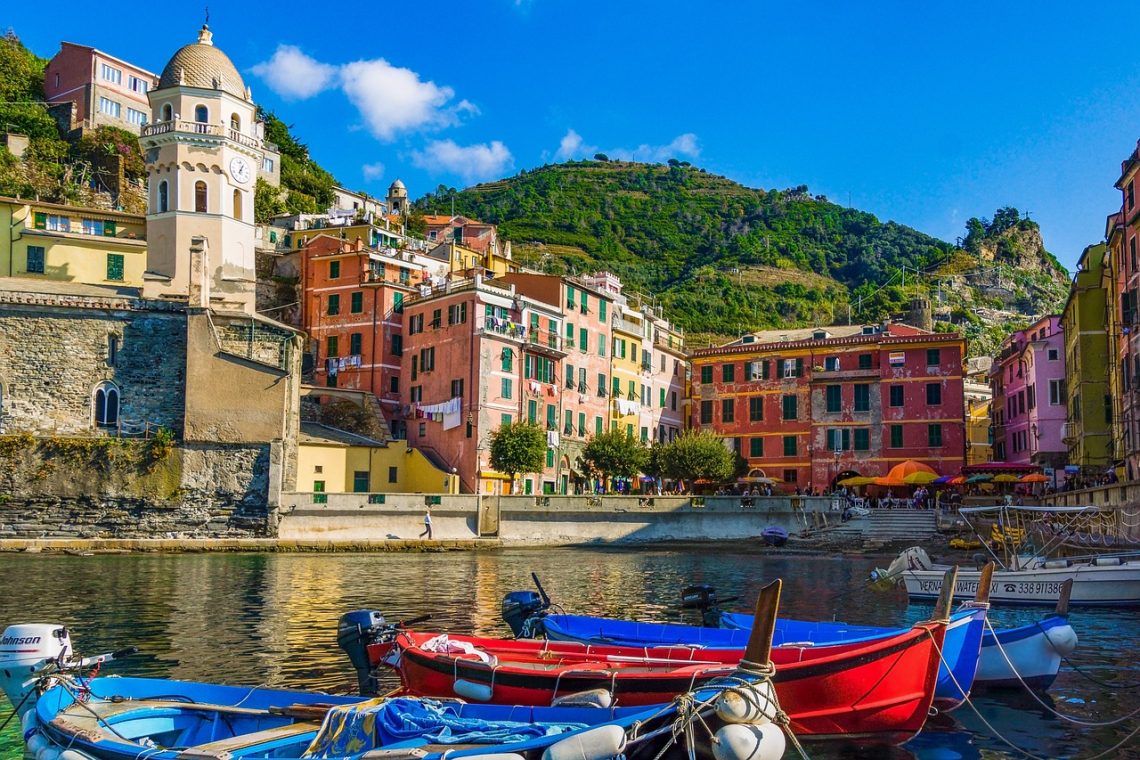Buying a holiday home in Italy can be a dream come true, offering stunning landscapes, rich culture, and a peaceful retreat. However, it’s important to understand the financial and tax implications to ensure a smooth purchasing process and avoid unexpected costs.
Engaging a Lawyer in Italy
Given the complexities involved in buying property in Italy, it’s highly recommended to hire a lawyer in Rome, Italy, who specialises in real estate transactions. A qualified lawyer will ensure all legal aspects are covered, help navigate bureaucratic hurdles, and protect your interests throughout the process.
Overview of Costs Involved
1. Purchase Price
The initial cost of the property will depend on its location, size, and condition. Italy offers many property options, from rustic countryside villas to modern apartments in bustling cities.
2. Notary Fees
All property transactions in Italy must be completed before a notary. Notary fees can range from 1% to 2.5% of the property’s purchase price. The notary ensures the legal transfer of property and the payment of applicable taxes.
3. Agent Fees
Real estate agent commissions typically range from 3% to 7% of the property price. It’s common for the buyer and seller to each pay half of the agent’s fee.
4. Renovation Costs
If the property requires renovation, these costs can vary widely based on the extent of the work needed. Engaging a local contractor to provide estimates before purchasing can help manage these expenses.
Property Taxes and Ongoing Expenses
- Registration Tax: For non-residents or those buying a holiday home, the registration tax is 9% of the cadastral value of the property. This tax is significantly lower (2%) if the property will be your main residence.
- IMU (Imposta Municipale Unica): This is the municipal property tax on second homes and holiday homes. The rate varies by municipality and is calculated based on the property’s cadastral value.
- Service Charges: Depending on the type of property and its location, you may incur additional costs such as condominium fees, waste collection fees, and other local taxes.
Tax Implications for Foreign Buyers
Foreign buyers need to be aware of several tax implications when purchasing a holiday home in Italy:
Income Tax
If you rent out your holiday home, rental income is subject to Italian income tax. Italy has agreements with many countries to avoid double taxation, but it’s essential to consult a tax advisor to understand your specific obligations.
Capital Gains Tax
If you sell the property within five years of purchase, you may be liable for capital gains tax on any profit made from the sale. After five years, this tax does not apply.
Inheritance Tax
Inheritance tax applies to properties passed on to heirs. The rates and exemptions depend on the relationship between the deceased and the heirs and the value of the estate.
Financing Options and Mortgage Availability
1. Mortgages for Foreigners
Italian banks offer mortgages to foreign buyers, usually with a loan-to-value (LTV) ratio of 50-60%. This means you’ll need a substantial deposit, typically 40-50% of the property’s value.
2. Eligibility
Eligibility for a mortgage depends on several factors, including your income, credit history, and the property’s value. It’s often easier to secure a mortgage if you apply before becoming an Italian resident.
3. Types of Mortgages
Both variable and fixed-rate mortgages are available. Consulting with an Italian mortgage specialist can help you navigate the options and find the best terms.
Currency Exchange Considerations
- Exchange Rate Fluctuations: Currency exchange rates can significantly impact the total cost of your property purchase. Fluctuations can occur over the period between agreeing to buy and completing the purchase.
- Managing Finances: To mitigate the risks of currency fluctuations, consider using forward contracts, which allow you to lock in an exchange rate for a future date. Professional currency exchange services can provide guidance and better rates than banks.
By understanding these financial and tax considerations and seeking professional advice, you can make informed decisions and enjoy the process of buying your dream holiday home in Italy.
Read more lifestyle and real estate articles at ClichéMag.com
Images provided by Deposit Photos, BingAI, Adobe Stock, Unsplash, Pexels, Pixabay & Creative Commons





